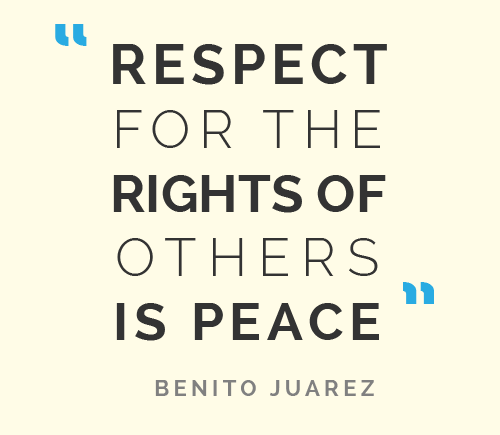Ju/’hoansi
Appropriate Tourism Develops in a Ju/’ hoansi Village
After visiting a village near the town of Tsumkwe, in eastern Namibia, a newspaper from that country describes in glowing terms the traditional customs of the Ju/’hoansi people. This is the third daily paper in ten years to focus on the Ju/’hoansi of this area. In 1997 the New York Times sent a reporter to […]
Gender Equality Helps the Ju/’hoansi Avoid Disease
The traditional gender equality of the Ju/’hoansi helps them avoid the ravages of AIDS, according to a research paper prepared by Richard B. Lee for presentation this week at an important conference in Toronto. Dr. Lee gave a speech over a year ago in Edmonton on this topic, but, to judge by a feature in […]
Naming Practices of the Ju/’hoansi Reflect Male Bias [journal article review]
The Ju/’hoansi are well-known in the ethnographic and popular literature for their gender equality, but their practice of naming children after the father’s parents undeniably reflects a male bias. Patricia Draper and Christine Haney, in a Summer 2005 article just published in the journal Ethnology, examine genealogical records gathered by the Harvard Kalahari Research Project […]
Reality TV Will Travel to the Kalahari
The BBC has announced that a new reality TV show will cover the attempts of eight Europeans to survive in the Kalahari Desert for one month on the men’s hunting and the women’s vegetable gathering. Later this year, four men and four women will live with one of the San societies in the desert of […]
Namibian Ju/’hoansi Face Discrimination and Poverty [journal article review]
The San people living in the Omaheke Region of Namibia are caught by forces that not only impoverish and marginalize them but that also trivialize their cultures and traditions. A recent article by Renée Sylvain in American Ethnologist describes the very difficult conditions that face the Ju/’hoansi and the other San peoples in that region. […]
Films Pay Tribute to John Marshall
The Boston Museum of Fine Arts is presenting a series of films from Documentary Educational Resources (DER) as a tribute to John Marshall, a leading filmmaker who died last year on April 22. Marshall devoted most of his life to making films of the Ju/’hoansi in the Nyae Nyae area of Namibia. The first films […]
Child Life Among the Ju/’hoansi
Ju/’hoansi camps are characterized by a sense of isolation, intimacy, and closeness, according to a 1976 article by Patricia Draper added this week to the Archive of this website. Camps are laid out with the small, inconspicuous huts backed up to the bush and the central area cleared for eating, sleeping, and living space. The […]
Verbal Criticism: Ju/’hoansi Style Punishment [journal article review]
The Ju/’hoansi criticize or verbally punish people whose behavior disrupts the cohesion, harmony, and mutual assistance in their communities. Drawing on her field notes from an eight-week visit to Botswana in 1974, and six weeks of observations in 1996-1997, Polly Wiessner analyzes in a recent journal article the ways the Ju/’hoansi use verbal punishments to […]
Elderly Ju/’hoansi and Their Grandchildren
A charming Ju/’hoansi folktale describes the way grandmother cared for a few droplets of blood that came on the wind to her after the death of her granddaughter, Elephant Girl. The droplets grew steadily, first in a bottle, then in a skin bag, until Elephant Girl was nearly ready to reappear. One day, while the […]
Update on Ju/’hoansi Gender Relations and Spouse Abuse
When the Ju/’hoansi used to forage widely for their livelihoods, a number of constraints helped to prevent spouse abuse in their society. The demands of a harsh desert environment limited the adoption of hierarchical social structures, and the fact that food resources were widely scattered and unpredictable militated against the development of male competition. Also, […]
